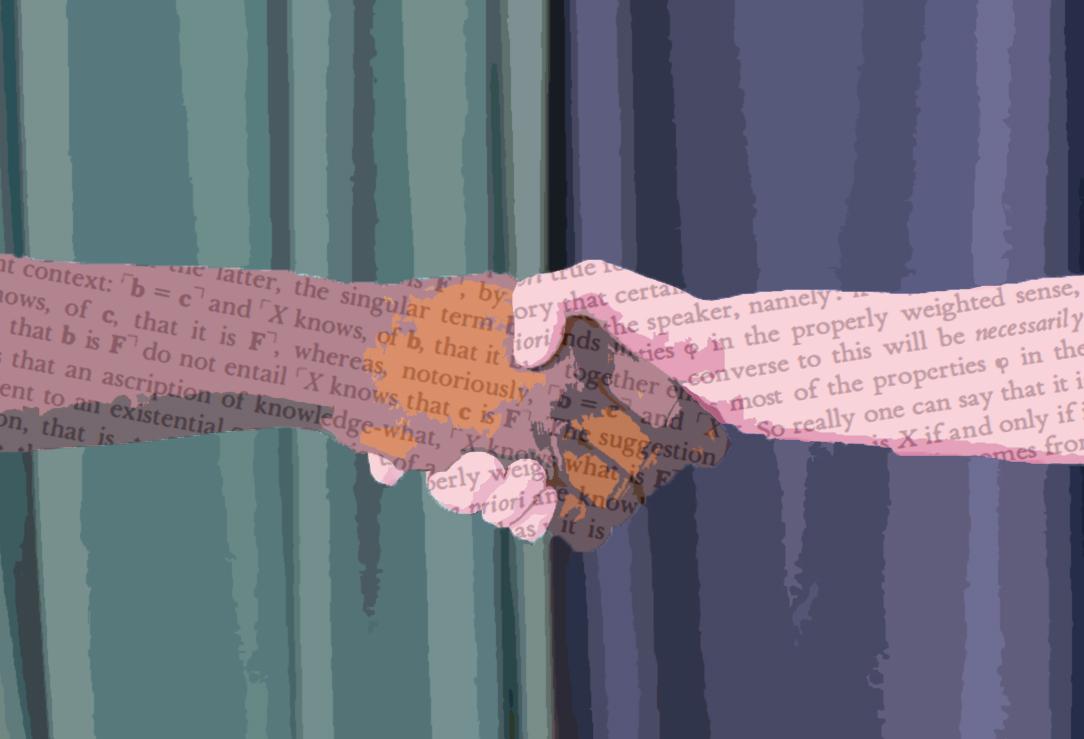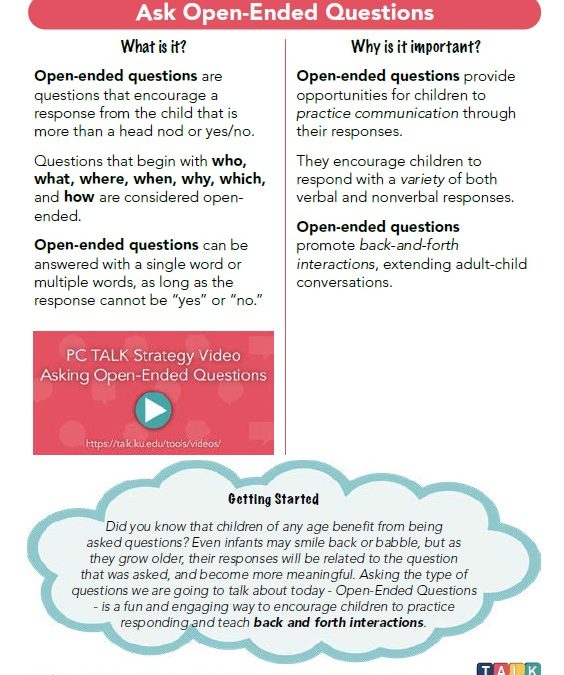Exploring Complex Ideas with Teen Philosophy

Welcome to the wild and whimsical world of teen philosophy, where deep thoughts and existential musings collide with Snapchat filters and TikTok dance challenges. In this realm of caffeine-fueled debates and philosophical ponderings, teenagers grapple with complex ideas about the nature of reality, the meaning of life, and why their parents just don’t understand them. So grab your favorite pair of fuzzy socks, settle into your bean bag chair, and get ready to dive into the labyrinth of teenage minds as we explore the world of teen philosophy.
Understanding the Basics of Teen Philosophy
When diving into the world of teen philosophy, it’s important to understand the key concepts that shape their unique perspective on life. Here are some basics to help you navigate the complex mind of a teenager:
- Identity Crisis: Teens are constantly grappling with the question “Who am I?” They are trying to understand their place in the world and define their own sense of self. This search for identity often leads to rebellious behavior and a lot of angst-filled journal entries.
- Existential Dread: Existentialism is a popular philosophy among teens, mostly because it gives them an excuse to mope around and ponder the meaninglessness of life. They’ll often be caught staring blankly into space, contemplating the futility of it all.
- Social Justice Warriors: Many teens are passionate about social issues and believe in fighting for a better world. They’ll often engage in heated debates about politics and activism, even if they barely understand what they’re talking about.
So the next time you overhear a group of teens discussing the meaning of life, just remember that they’re probably just trying to impress their crush or win an argument with their parents. Teen philosophy may be confusing and contradictory, but it’s all part of the wonderful, angst-ridden journey of adolescence.

Encouraging Critical Thinking in Teenagers
One way to encourage critical thinking in teenagers is to challenge them to think outside the box. Encourage them to question everything, even the most sacred of teenage beliefs like “chocolate is better than vegetables” or “sleep is for the weak.” By getting them to think critically about these seemingly trivial matters, you’re helping them develop their analytical skills.
Another tip is to engage teenagers in debates and discussions. Give them a topic to research and debate with their peers, whether it’s about the merits of pineapple on pizza or the existence of aliens. This will not only encourage them to critically analyze different points of view but also help them develop their argumentative skills.
Encourage teenagers to seek out diverse perspectives on issues. Expose them to different cultures, beliefs, and ways of thinking. This will help them see that there is never just one right answer to a question and that critical thinking involves considering all angles before coming to a conclusion.
Lastly, encourage teenagers to question authority (within reason, of course). Teach them that it’s okay to challenge the status quo and think for themselves. After all, as Albert Einstein once said, “The important thing is not to stop questioning. Curiosity has its own reason for existence.”

Exploring Moral and Ethical Dilemmas
Have you ever found yourself faced with a moral or ethical dilemma that left you scratching your head and questioning your own values? Join us on a journey into the murky waters of human decision-making, where right and wrong can often become blurred.
From the age-old question of whether it’s okay to steal bread to feed your starving family to the more modern dilemma of whether it’s ethical to skip out on a dinner bill when your date turns out to be a total jerk, we’ll dive deep into the complexities of moral decision-making. Strap in, folks, because this rollercoaster ride is bound to make you question everything you thought you knew about right and wrong.
Throughout our exploration, we’ll examine some of the most famous moral dilemmas in history, from the trolley problem to the classic “would you rather save your best friend or a bus full of strangers” scenario. Get ready to put your ethical reasoning skills to the test as we navigate the treacherous waters of human morality.
So buckle up, dear readers, and prepare yourself for a wild ride through the labyrinth of moral and ethical quandaries. Remember, there are no easy answers in this world, but with a little humor and a whole lot of introspection, we just might come out the other side with a slightly clearer understanding of what it means to be a good (or not-so-good) person.

Navigating Existential Questions with Teen Philosophy
Are you tired of your teenager constantly bombarding you with questions about the meaning of life? Well, fear not! Teen Philosophy is here to save the day. With a dash of humor and a sprinkle of wisdom, this course will help your teen navigate the murky waters of existential questions.
Teens will learn how to ponder the big questions without spiraling into an existential crisis. From contemplating the nature of reality to debating the existence of free will, our course covers it all. And don’t worry, we promise not to take ourselves too seriously. After all, what’s the point of pondering the meaning of life if you can’t crack a joke or two along the way?
Through interactive discussions and thought-provoking readings, teens will develop critical thinking skills and gain a deeper understanding of themselves and the world around them. And who knows, they might even come to appreciate the beauty of uncertainty and the absurdity of existence.
So, if your teen is asking questions like “Why are we here?” or “What is the point of it all?” sign them up for Teen Philosophy today. Who knows, they might just emerge with a newfound sense of purpose—or at the very least, a killer joke to share at the next family dinner.

Fostering Intellectual Growth in Adolescents
When it comes to , it’s important to remember that teenagers are at a crucial stage in their development. They’re like sponges, soaking up knowledge and information at a rapid pace. But they’re also a little bit like sassy cats, who may not always want to listen to what you have to say.
One great way to help adolescents expand their minds is through exploring diverse interests. Encourage them to try new things, whether it’s learning to play a musical instrument or taking up a new sport. Who knows, maybe they’ll discover a passion for interpretive dance or underwater basket weaving.
Reading and writing are also essential for intellectual growth. Encourage teenagers to read a variety of genres, from classic literature to sci-fi novels. And who knows, maybe one day they’ll pen the next great American novel (or at least a killer Instagram post).
Lastly, engaging in meaningful discussions is key to nurturing intellectual growth. Encourage adolescents to ask questions, challenge assumptions, and think critically about the world around them. And hey, maybe you’ll even learn a thing or two from their fresh perspectives (just don’t tell them that).
Applying Philosophical Concepts to Real-World Issues
Have you ever wondered how philosophical concepts can help us navigate the complexities of real-world issues? Well, buckle up, because we’re about to take a wild ride through the world of philosophy and its applications to everyday problems.
Let’s kick things off with the concept of utilitarianism. This philosophical theory states that the best course of action is the one that maximizes overall happiness. So, next time you’re torn between ordering pizza or salad for dinner, just remember: happiness is the key. And let’s be real, pizza always wins.
Now, onto the ever-popular dilemma of free will vs. determinism. Are we truly in control of our own actions, or are we just puppets in the grand scheme of the universe? Well, guess what – the answer is both! Embrace your free will to choose between that Netflix binge or finally cleaning out your closet, but also acknowledge that the universe might have other plans (like sending you a surprise package of new shoes).
Lastly, let’s tackle the age-old question: does the tree make a sound if it falls in the forest and no one is around to hear it? Well, according to the existentialists, the tree’s existence is validated only through observation. So, next time you feel like no one sees your amazing dance moves in the kitchen, just remember: you are the tree, and your moves are always worthy of applause.
FAQs
What is teen philosophy and why is it important?
Well, teen philosophy is basically when teens put on their thinking caps and ponder life’s big questions. It’s important because it helps them develop critical thinking skills and gain a deeper understanding of the world around them. Plus, it’s a lot more productive than debating whether pineapple belongs on pizza!
How can teens start exploring complex ideas with philosophy?
They can start by reading some classic philosophical texts or joining a philosophy club at school. Or they can just stare deeply into a lava lamp while listening to some groovy tunes - that usually gets the philosophical juices flowing.
What are some examples of complex ideas that teens can explore through philosophy?
They can delve into questions like “What is the meaning of life?” or “Do we have free will?” or “Why do parents just not understand?” These questions may not have easy answers, but hey, it’s the journey that counts, not the destination!
How can teen philosophy benefit teens in their daily lives?
Well, it can help them become better problem solvers, improve their communication skills, and even boost their confidence. Plus, they’ll never have to worry about being bored at a dinner party – they’ll always have a philosophical conundrum up their sleeve!
Are there any resources or tools that can help teens explore philosophy further?
Absolutely! There are tons of books, websites, and podcasts dedicated to philosophy for teens. They can also reach out to a supportive teacher or mentor who can guide them on their philosophical journey. And of course, there’s always the trusty Magic 8-Ball for those really tough questions!
Are You Philosophically Ready?
And there you have it, folks! Hopefully, after reading this article, you’re feeling more philosophically inclined and ready to dive headfirst into the complex world of teen philosophy. Remember, Socrates didn’t become the OG philosopher by sitting on his toga and twiddling his thumbs! So grab your thinking cap (metaphorical or literal, your choice), and get ready to tackle those big questions with wit, wisdom, and maybe just a hint of teenage angst. Who knows, you might just discover the meaning of life along the way. Or at the very least, a killer Instagram bio. Happy philosophizing, my fellow deep thinkers!






